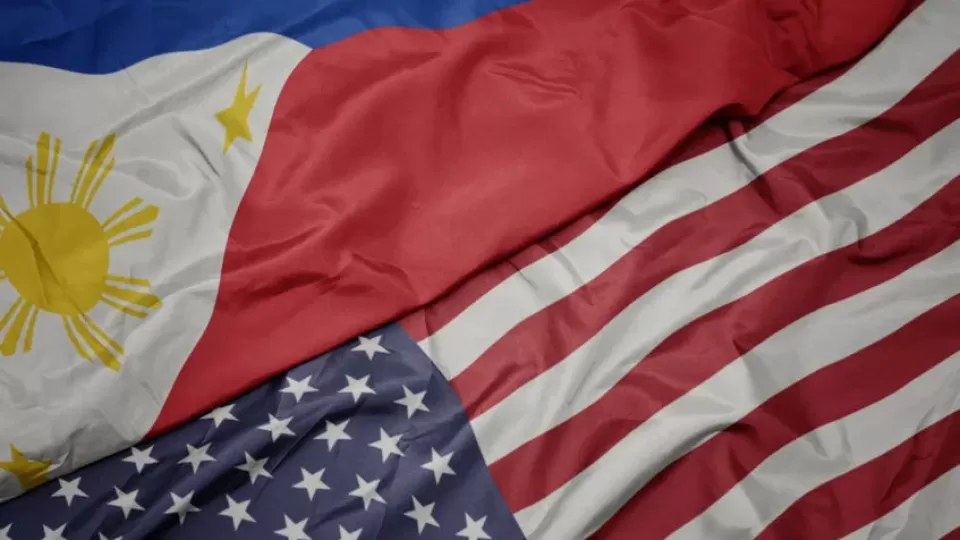May 4, 2023
WASHINGTON, DC, United States — Top defense officials of the Philippines and the US have established bilateral defense guidelines to modernize alliance cooperation for a “free and open Indo-Pacific region.
According to a fact sheet released by the US Department of Defense (DOD), Department of National Defense officer-in-charge senior Undersecretary Carlito Galvez Jr. and US Secretary of Defense Lloyd Austin have finalized the guidelines, which reaffirm the US mutual defense commitments with the Philippines.
“Recognizing that threats may arise in several domains – including land, sea, air, space, and cyberspace – and take the form of asymmetric, hybrid, and irregular warfare and gray-zone tactics, the guidelines chart a way forward to build interoperability in both conventional and non-conventional domains,” the fact sheet read.
The guidelines, the DOD said, seek to strengthen the US and the Philippines’ “combined deterrence in an evolving security environment.”
It also aims to:
.reaffirm the US-Philippines Mutual Defense Treaty’s enduring relevance in addressing both current and emerging threats
.foster a common understanding of roles, missions, and capabilities within the framework of the alliance to face regional and global security challenges
.drive unity of effort across all areas of bilateral security and defense cooperation to sustain focus on principal regional security concerns
.guide priority areas of defense cooperation to address both conventional and non-conventional security challenges of shared concern
The defense departments of the two nations also aim to modernize defense capabilities by coordinating closely on the Philippines’ defense modernization, including through the completion of a Security Sector Assistance Roadmap, to identify priority defense platforms and force packages that will bolster combined deterrence and capacity to resist coercion.
The procurement of interoperable defense platforms sourced from US programs and Philippine national defense procurement and funding initiatives must also be prioritized.
They should also expand investments in non-materiel defense capacity building including through education and training exchanges, exercises, and other operational activities.
The defense departments also aim to deepen interoperability by orienting bilateral exercises and activities around improving our combined ability to counter armed attacks on either country as well as threats in space and cyberspace, while expanding the scope, scale, and complexity of exercises.
Cooperation on maritime security and maritime domain awareness, including through the continued conduct of combined maritime activities, including but not limited to joint patrols, should also be expanded.
The US and the Philippines should also deepen cooperation under the Enhanced Defense Cooperation Agreement (EDCA) to strengthen interoperability, including through infrastructure improvements; enhanced joint use of facilities; advancement of additional maritime security, maritime domain awareness, and humanitarian assistance and disaster relief capabilities; and rotational US access to agreed locations.
They should also improve cyber defense and cyber security cooperation to secure critical infrastructure and protect against attacks emanating from state and non-state actors.
The two countries should also sustain participation in multilateral fora, anchored in shared support for ASEAN centrality and prioritize trilateral and other forms of multilateral cooperation based on common issues of shared concern, including pursuing opportunities for third-party participation and observation in bilateral US-Philippine defense activities.
The Philippines and the US also vowed to enhance bilateral planning and information sharing on “early indicators of threats” to peace and security.
Both countries stressed the need for “real-time information sharing” and for enhancing information security through consultations on policies, practices, and procedures “for the protection of classified defense and military information.”


